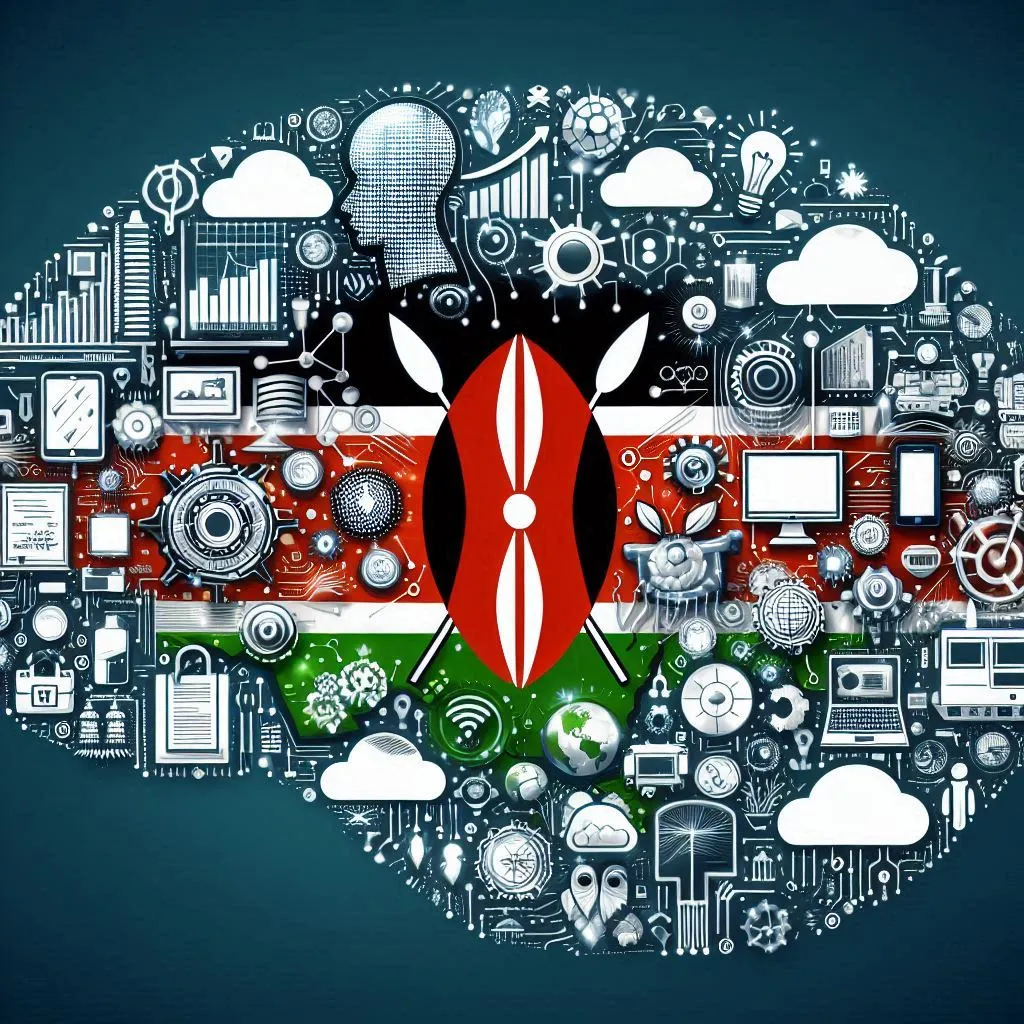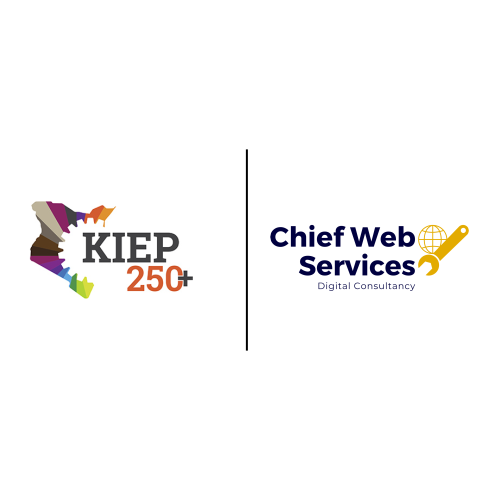When building a brand online, many Kenyan business owners and entrepreneurs focus on obvious digital marketing strategies such as social media advertising and influencer collaborations. But behind these efforts lies an underappreciated yet transformative tool: Enterprise Resource Planning (ERP) systems. ERP systems streamline internal operations, allowing businesses to focus on delivering consistent, high-quality service and customer experiences. This article dives into the often-overlooked benefits of ERP systems, revealing how they contribute to a more cohesive brand presence in Kenya’s competitive market.
1. Consistency Across Channels
Brand consistency is key to building trust, and ERPs provide the tools to maintain this across various platforms. For example, a retail store that sells both online and offline can use an ERP to sync inventory data in real-time. Instead of having customers frustrated by out-of-stock products, ERP systems ensure up-to-date stock levels, enabling seamless shopping experiences. Example: A retail pharmacy with both physical and online stores could use an ERP to manage stock levels. With automatic updates across channels, whether a customer is ordering vitamins online or purchasing in-store, they will always find what they need in stock. This reliability strengthens the brand’s reputation for customer satisfaction.
2. Enhanced Customer Experience
A great customer experience is often the difference between a one-time buyer and a loyal customer. ERP systems integrate customer data, enabling businesses to anticipate needs, offer personalized services, and address issues more efficiently. In service industries like hospitality, where personalized experiences can be a game changer, ERP systems offer a unified view of customer preferences and history. Example: A hotel using an ERP can track guest preferences, from room choices to dining preferences. When a repeat customer books a stay, the hotel can offer personalized services based on their past choices, providing a tailored experience that stands out from competitors.
3. Data-Driven Decision Making
One of the most underused yet powerful advantages of ERP systems is the access to real-time data for informed decision-making. In industries like healthcare, for instance, ERP systems help managers track patient information, inventory of medical supplies, and financial data. Businesses can then use this information to adjust services, predict trends, and optimize operations, ensuring that their brand stays competitive and responsive to market needs. Example: A dental clinic with multiple branches can use an ERP to centralize patient data, appointments, and billing. This ensures that no matter where the patient visits, their records are accessible, offering a seamless and efficient experience across all locations.
4. Streamlined Marketing and Sales Operations
While many Kenyan businesses focus on marketing campaigns, they often overlook how ERP systems can enhance these efforts. Integrating ERP with CRM tools can streamline marketing campaigns and track customer engagement more effectively. This gives businesses a deeper understanding of which campaigns are driving conversions and how to optimize future efforts. For retail businesses, this is crucial. Clothing stores, for instance, can use ERP systems to gather insights from both their physical and online sales. This information can be used to launch targeted promotions and even adjust stock based on customer preferences.
5. Operational Efficiency
Stronger Brand Identity At its core, an ERP system improves operational efficiency, which translates into faster service, better product availability, and fewer errors. This allows a business to develop a reputation for reliability, a key component of a strong brand. Retailers and service providers can then focus on refining customer-facing elements of the business, knowing that back-end operations are running smoothly.
Final Thoughts:
ERP systems may not be the first thing entrepreneurs think about when establishing their brand online, but they offer immense value. By streamlining operations, enhancing customer experiences, and improving decision-making, ERP systems indirectly support stronger and more consistent branding. In Kenya’s digital age, where social media reigns, having a solid operational backbone can make the difference between a good business and a great brand.


